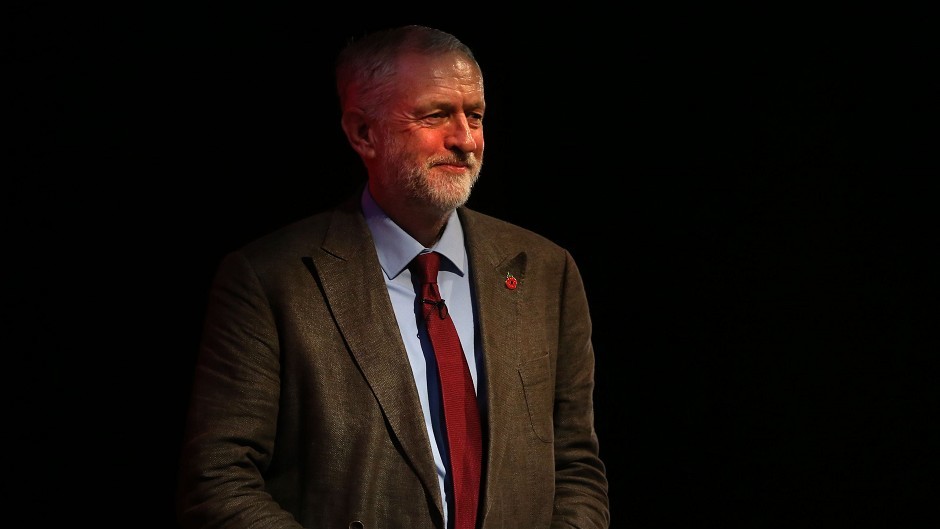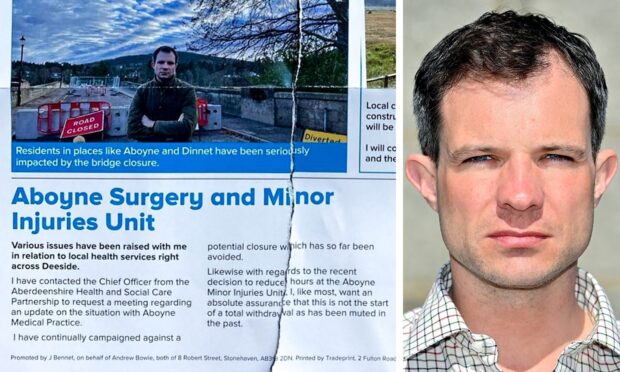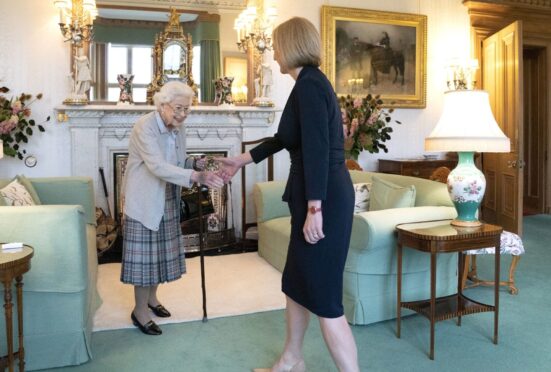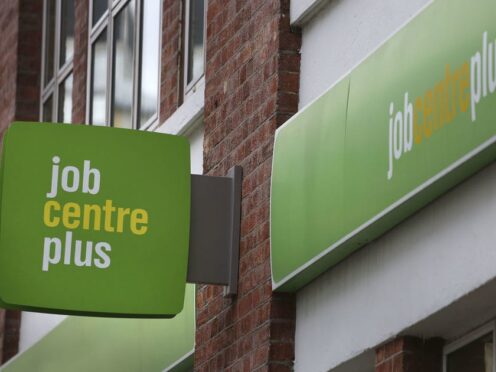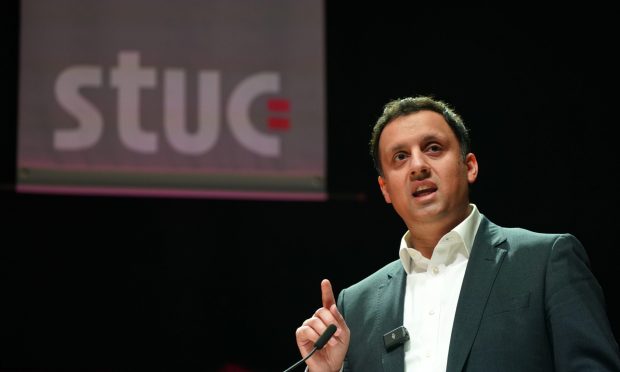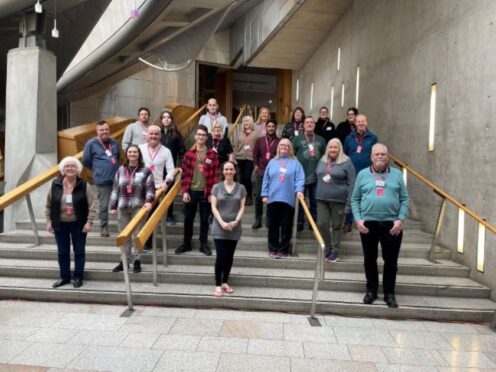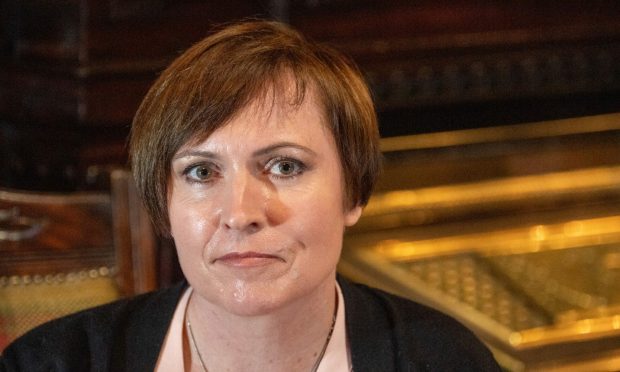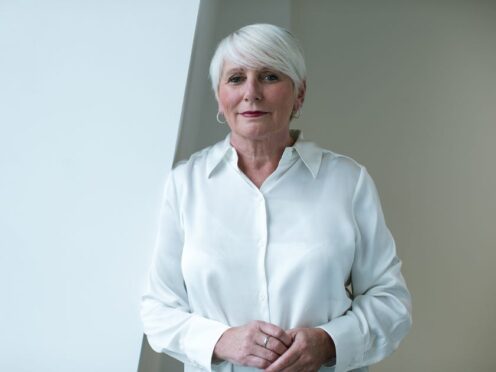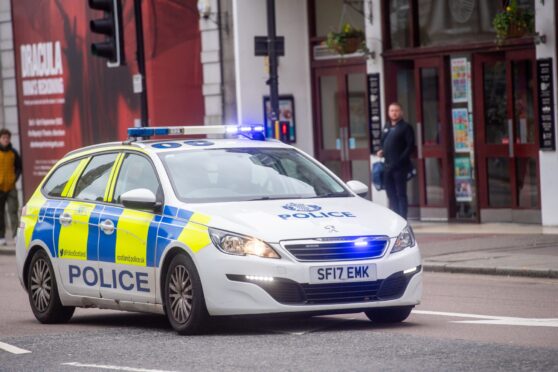A Fife councillor has apologised for any offence caused by a social media post which appeared to compare some Labour officials to Nazis.
Scottish Labour’s Mary Lockhart referred to a famous poem about persecution in the Third Reich when protesting against a decision to ban some Labour members from the UK leadership contest.
She wrote on Facebook: “Who will they expel next? I have friends who are genuinely fearful.” And underneath, she posted Pastor Martin Niemoller’s poem ‘First They Came’, which draws attention to the persecution carried out by Hitler’s regime.
Ms Lockhart, who is Scottish Labour’s newest councillor, apologised for any offence caused.
In a statement, she said: “I have found Pastor Niemoller’s most widely quoted poem inspiring since I first encountered it when the rector of my school used it as a text on which to base his address at a school assembly.
“It is a poem about having the courage to speak up for others experiencing adversity, whether you agree with their views or not, and it seems to me to underline some of the fundamental values of the Labour Party, namely solidarity.
“In posting it on Facebook, I had no intention of implying suspensions or expulsions from the Labour Party were comparable to the Holocaust, or deliberate extermination of Jewish people, Lutherans, disabled people, and homosexuals, which cast a long shadow over the 20th century and beyond.
“I am deeply sorry if the post, in solidarity with a friend whose membership has been suspended, was interpreted as making such a comparison.”
Opposition politicians criticised her for invoking a poem about Nazi persecution in an internal Labour row.
A Scottish Labour spokesman said: “This kind of comparison is unacceptable. All elected representatives and party members have a duty to conduct themselves in an appropriate manner.”
Ms Lockhart, who is in favour of independence, won the by-election in The Lochs triggered by the resignation of Willie Clarke, the UK’s last elected communist.
